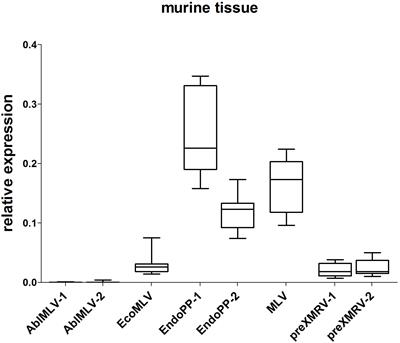EDITORIAL
Published on 20 Dec 2018
Editorial: Endogenous Viral Elements—Links Between Autoimmunity and Cancer?
doi 10.3389/fmicb.2018.03171
- 1,468 views
- 7 citations
18k
Total downloads
87k
Total views and downloads
You will be redirected to our submission process.
EDITORIAL
Published on 20 Dec 2018
ORIGINAL RESEARCH
Published on 05 Nov 2018

ORIGINAL RESEARCH
Published on 04 Sep 2018

PERSPECTIVE
Published on 02 Jul 2018

ORIGINAL RESEARCH
Published on 15 Jun 2018

ORIGINAL RESEARCH
Published on 24 Apr 2018

REVIEW
Published on 14 Mar 2018

ORIGINAL RESEARCH
Published on 21 Feb 2018

MINI REVIEW
Published on 20 Feb 2018

ORIGINAL RESEARCH
Published on 13 Feb 2018

MINI REVIEW
Published on 13 Feb 2018

REVIEW
Published on 15 Jan 2018

